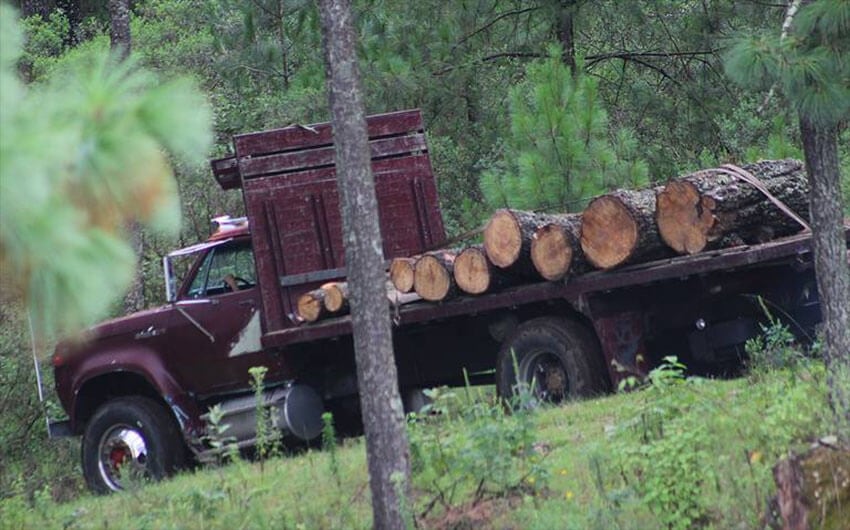A trilateral environmental organization is considering a complaint against avocado farming in Michoacán, Mexico’s leading producer of the popular fruit.
The Commission for Environmental Cooperation (CEC) — established by the governments of Mexico, the United States and Canada in 1994 — announced last week that a Mexican citizen had filed a submission under the environment chapter of the USMCA, the North American free trade agreement that took effect in 2020.

“The submitter asserts that Mexico is failing to effectively enforce its environmental laws to protect forest ecosystems and water quality from the adverse environmental impacts of avocado production in Michoacán, Mexico,” the CEC said in a statement.
It said that the Mexican citizen, who is not named in the submission, “claims that Mexico is failing to uphold provisions of the Mexican constitution and various federal laws focused on environmental impact assessment, forestry conservation, sustainable development, water quality, climate change and environmental protection.”
Among the laws cited by the complainant are the General Law of Sustainable Forest Development, the General Law of Ecological Balance and Environmental Protection and the National Water Law.
“The submitter acknowledges that not all avocado producers have the same type and degree of environmental impacts, but asserts that research has shown that the majority of avocado production in Michoacán generates high levels of environmental impacts and that deforestation rates in Michoacán for avocado plantations are among the highest in Mexico and Latin America,” the CEC said.
Illegal logging is a major problem in Mexico, and some of that deforestation has preceded the planting of avocado orchards. Some forests in Michoacán — one of just two states authorized to export avocados to the United States — are home to monarch butterflies that overwinter in the state.
The CEC said it would review the submission within 30 days and determine whether it meets the requirements of articles in the USMCA environment chapter.
It seems unlikely that the complaint will pose any meaningful threat to Mexico’s avocado industry, which directly employs some 70,000 people and generates billions of dollars in revenue on an annual basis.
However, “the complaint helps make the problem more visible,” said Julio Santoyo, an environmental activist in Villa Madero, a town in Michoacán where illegal loggers have cleared land for avocado orchards.

“And it may help create environmental regulation that is needed” in the avocado industry, he told the Associated Press.
“The truth is that it is well-founded, and the points it raises are what we have been complaining about and which continue to occur.”
With reports from AP
